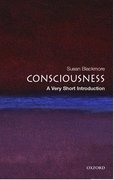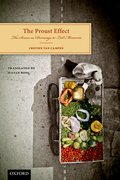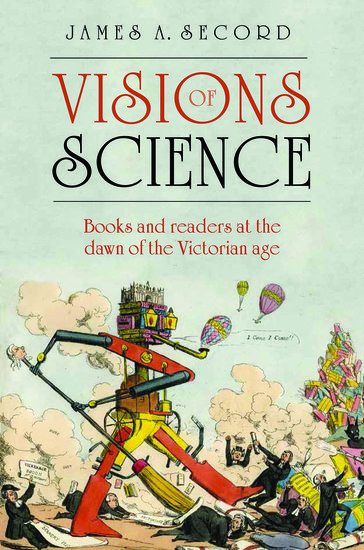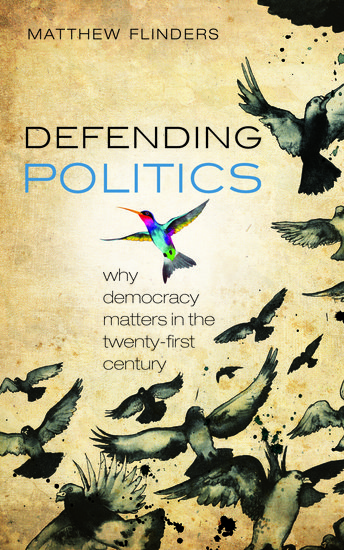The American Noah: neolithic superhero
By William D. Romanowski Reports suggest that Hollywood’s sudden interest in Bible movies is driven by economics. Comic book superheroes may be losing their luster and the studios can mine the Bible’s “action-packed material” without having to pay licensing fees to Marvel Entertainment. Maybe this explains why director Darren Aronofsky’s pitch to studio executives was […]











